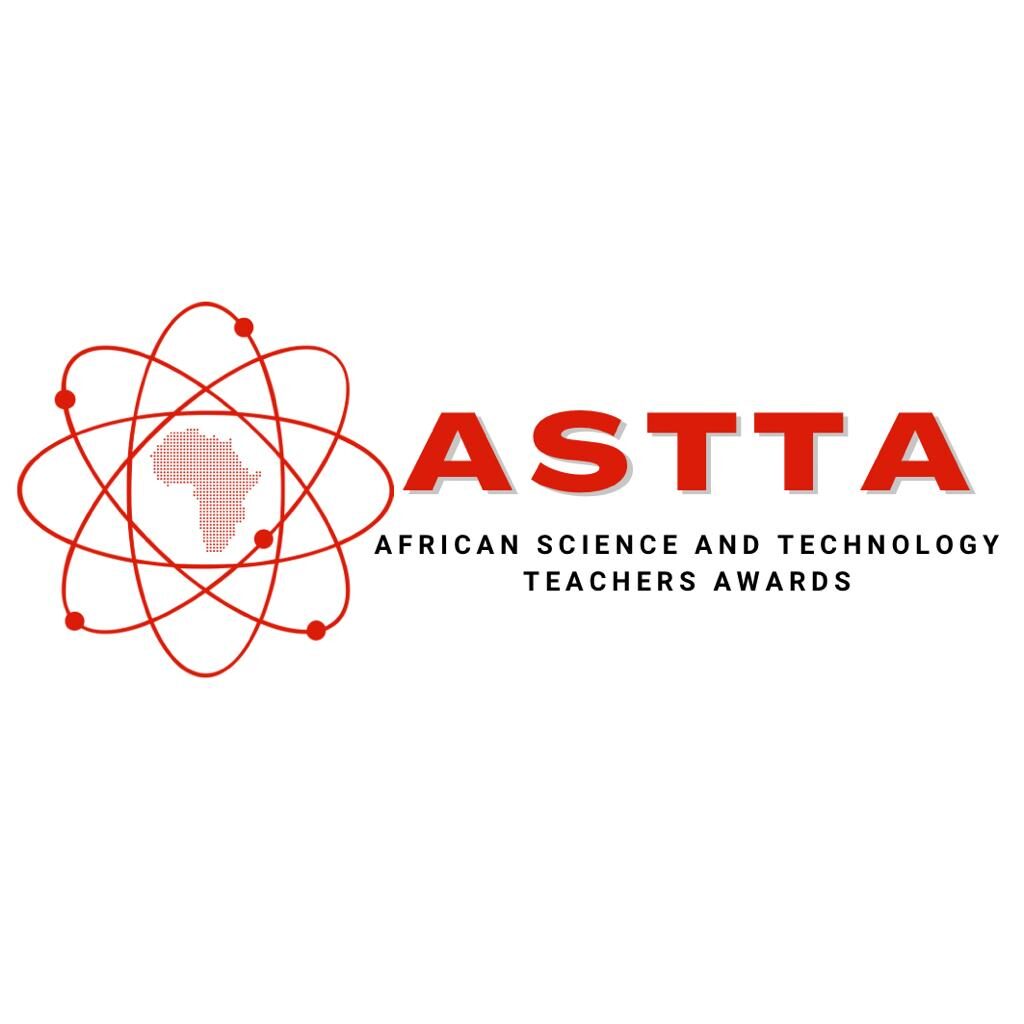Inside Education Foundation launches African Science & Technology Teachers Awards
INSIDE EDUCATION REPORTER
THE Inside Education Foundation has launched the African Science & Technology Teachers Awards (ASTTA) aimed at recognising teachers across the African continent, who are excelling in their fields.
Teachers play a pivotal role in societal development and nation-building, yet their profession often goes underappreciated.
The African Science & Technology Teachers Awards will significantly contribute to elevating teaching as a profession, empowering, and encouraging outstanding teachers from different schools across the continent, who achieve exceptional results against all odds.
Matuma Letsoalo, Chairman of the Inside Education Foundation, stated that the initiative aims to honour educators in the fields of Science & Technology, who not only answer the call but go above and beyond to change lives, inspire dreams, and push the limits of human potential.
He emphasized that the contribution of teachers is what has propelled the African continent to become one of the fastest-growing economies in the world.
“It is because of the contribution made by teachers that the African continent is today one of the fastest-growing economies in the world. Without teachers, Agenda 2063, which is Africa’s blueprint and master plan for transforming the continent into the global powerhouse of the future, will remain a pipe dream,” said Letsoalo.
“Africa as a continent has embraced the Fourth Industrial Revolution and this initiative will go a long way in ensuring our countries are not left behind in a rapidly changing society.”
An independent panel of judges will select the finalists for the African Science & Technology Teachers Awards from the nominations made by ordinary citizens, teachers, and learners across the continent.
The Foundation invites all citizens, including learners, parents, teachers and academics, to nominate exceptional educators who are improving the quality of learning in the fields of science & technology across the continent.
The African Science & Technology Teachers Awards features five categories;
Best Young Science Teacher – An inspirational new science teacher who has shown great promise and an impact on your school and its pupils since joining the teaching team.
2. Best Science Teacher – a strong passion for the teaching of science; inspire and empower their students to develop confidence, interest and deep understanding in the learning of science.
3. Lifetime Achievement – A veteran science & technology teacher, who has a dedicated, and sustained commitment to education, and impacted those they have taught, worked with and inspired during their careers.
4. Best ICT Teacher- An inspiring and successful digital innovator in education and harnessing the power technology can offer in education to make a daily difference to students and staff alike.
5. Best Math Teacher – A strong passion for the teaching of mathematics; inspire and empower their students to develop confidence, interest, and deep understanding in the learning of mathematics.
The finalists for the African Science & Technology Teachers Awards will be announced in October 2023, coinciding with Teachers’ Month.
Nominations for the African Science & Technology Teachers Awards will open on Wednesday, 31 May 2023 and will close on 31 August 2023.
To nominate your favourite teacher, please click https://insideeducation.co.za/inside-education-african-science-technology-teachers-awards-nomination-form/ to access the nomination form.
All queries can be directed to info@insideeducationfoundation.co.za
INSIDE EDUCATION

